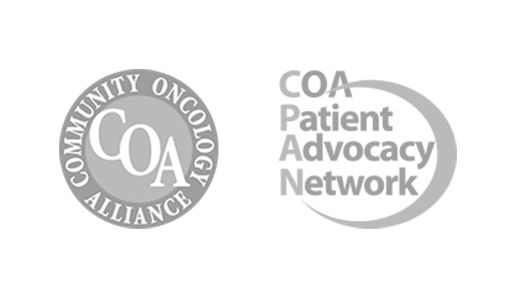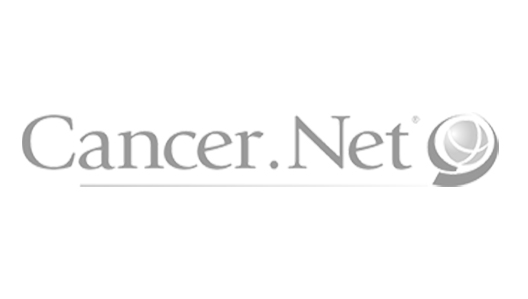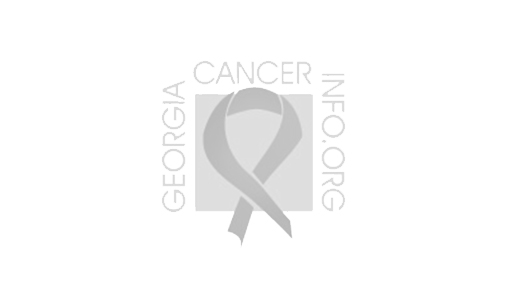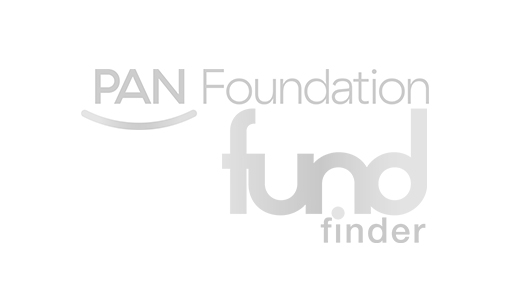The American Cancer Society recently reported an estimated 1.9 million new cancer cases in the United States. And across the globe, cancer is the leading cause of death. It’s no wonder that there’s an entire field of medicine devoted to studying and dealing with all aspects of this pervasive disease.
Now, you may have heard of oncology, but what exactly is it, and how does it impact us? Here, let’s learn more about oncology and how it provides a better understanding of cancer and how to treat it.
What Is Oncology?
If we break down the word, oncology would mean the study of mass; however, cancer does not always create a mass. As more research has been conducted over the years, oncology now refers to the study of tumors and cancer.
Oncology can be broken down into subcategories, which focus on the different aspects of cancer. These subcategories include clinical oncology, epidemiology, and cancer biology.
Clinical oncology concentrates on how to help people living with the disease. Epidemiology addresses risk factors and trends in the diagnoses. And cancer biology studies the science behind tumor growth to develop preventative measures, early detection, and new treatment.
In order to know how to treat this complex disease, there are three areas of oncology based on the type of treatment used — medical, radiation, and surgical. Medical oncology treats cancer with medications such as chemotherapy, targeted therapy, and immunotherapy. Radiation oncology uses radiation therapy, while surgical oncology uses biopsies and surgery to diagnose and treat cancer.
History of Oncology
You may think cancer is a modern-day medical problem, but evidence suggests the disease was around since 1500 BC, with a tumor found in the breast. In fact, the word cancer comes from the Greek physician Hippocrates, also known as the “father of medicine.”
Initially, there were various theories of what caused cancer. Ancient Egyptians believed it came from the gods, but Hippocrates suspected an accumulation of black bile inside the body caused the disease.
Since then, scientists and doctors have developed a better understanding of cancer in the last two decades than in the previous centuries. Through technological advances and discoveries in anatomy, chemistry, epidemiology, and other related sciences, oncology has become the fastest-evolving branch of medicine today.
What Is an Oncologist?
Oncologists are trained medical professionals who specialize in the prevention, early detection, diagnosis, and treatment of cancer. More specifically, they manage a cancer patient’s care from beginning to end by:
- Providing early detection screening
- Running tests and scans to determine if a person has cancer
- Presenting a diagnosis that includes the type and stage of cancer
- Discussing cancer treatment options and making recommendations
- Delivering quality care throughout the entire process
- Managing symptoms and side effects of cancer and treatment
- Recommending aftercare solutions
In order to provide the best possible care, oncologists also work with other health care providers, forming a multidisciplinary team. Together, they develop an overall treatment plan that may include more than one type of cancer treatment.
Types of Oncologists
In addition to the three major areas of oncology mentioned earlier — medical, radiation, and surgical — oncologists can specialize in working with specific body parts affected by cancer or a particular demographic. These subspecialties include:
- Pediatric oncologists
- Geriatric oncologists
- Adolescent and young adult oncologists
- Gynecologic oncologists
- Neurooncologists for brain cancer
- Gastrointestinal oncologists
- Thoracic oncologists
- Integrative oncologists
- Hematologist oncologists
- Psychooncologists for psychological and emotional care
- Urologic oncologists
Also, oncologists are sometimes divided into community oncologists and academic oncologists. The former generally treats all cancers at community cancer centers, and the latter treats one type of cancer at larger institutions.
What to Expect at Your First Appointment
For your first oncology appointment, it’s best to bring a friend or family member and your medical records. Generally, your oncologist will spend time collecting your health information before moving on to any examinations or testing.
You should expect a thorough physical exam even if you already had one from your primary care physician. Additionally, the oncologist may require blood work and imaging tests. It’s also possible for you to receive an early prognosis so you know what you may have to deal with and how long it will take to recover.
And finally, you may meet other cancer care team members who are working on your case. They will be able to provide you with more information on the process, costs, and insurance coverage.
How to Find a Good Oncologist
The best place to start is by asking for a referral from your primary care doctor. Make sure to get more than one name to verify which ones are in your insurance network.
You can also seek an oncologist at a well-known hospital or cancer center. Another option is to check with the American Cancer Society for their checklist of hospitals near you. Or you can use the American College of Surgeons’ list of requirements that cancer centers must meet in order to find a trusted facility.
How Can Augusta Oncology Help You
With cancer as the second leading cause of death in the country, we make sure to stay up-to-date on the most recent developments in cancer prevention, diagnosis, and treatments. We also provide world-class care with our team of skilled oncologists and highly professional medical support staff.
If you’re in the Augusta, Georgia, area and need an oncologist, visit our site to learn more about our providers and services. Or you can schedule an appointment today.






